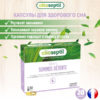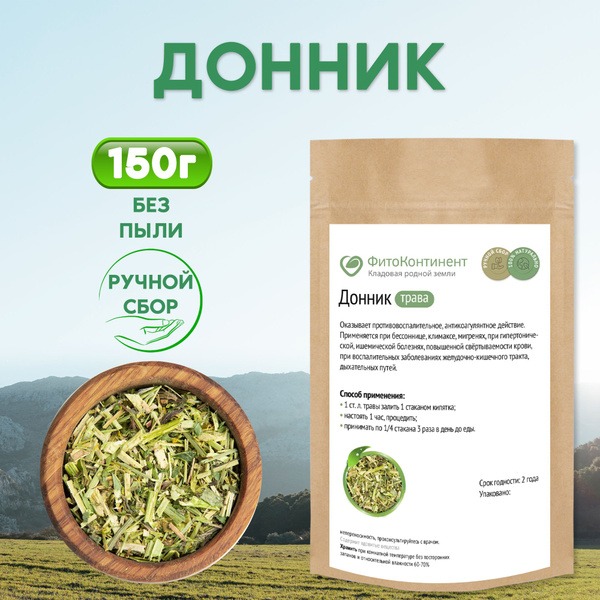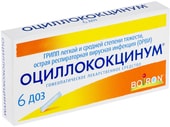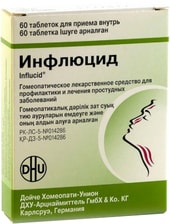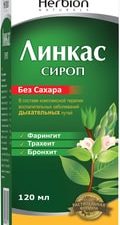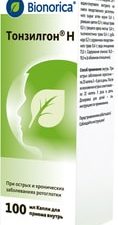-
×
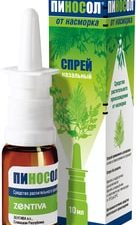 Zentiva Pinosol Drops, 10 ml.
1 × $19.00
Zentiva Pinosol Drops, 10 ml.
1 × $19.00 -
×
 Magniflex Memoform Simple Pillow: Superior Comfort & Support
2 × $299.00
Magniflex Memoform Simple Pillow: Superior Comfort & Support
2 × $299.00 -
×
 290cm Double-Folding Hinged Ramp (Right-Side Mount)
1 × $459.00
290cm Double-Folding Hinged Ramp (Right-Side Mount)
1 × $459.00 -
×
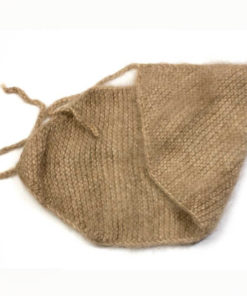 Dog Hair Belt
1 × $69.00
Dog Hair Belt
1 × $69.00 -
×
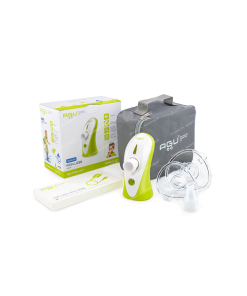 Nebulizer electronic mesh AGUN8
1 × $219.00
Nebulizer electronic mesh AGUN8
1 × $219.00 -
×
 Belmedpreparations Hydrogen Peroxide solution, 30 mg / 1 ml, 200 ml.
1 × $9.00
Belmedpreparations Hydrogen Peroxide solution, 30 mg / 1 ml, 200 ml.
1 × $9.00 -
×
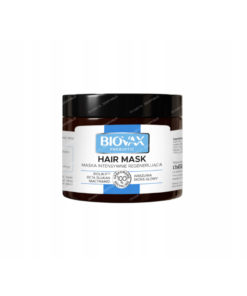 Biovax Prebiotic Intensely Revitalizing Hair Mask, 250 ml
1 × $39.00
Biovax Prebiotic Intensely Revitalizing Hair Mask, 250 ml
1 × $39.00 -
×
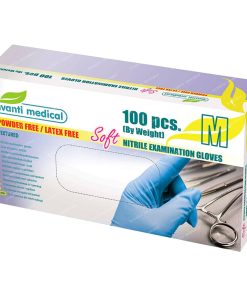 Gloves AVANTI MEDICAL nitrile non-sterile non-powdered size M
1 × $9.00
Gloves AVANTI MEDICAL nitrile non-sterile non-powdered size M
1 × $9.00 -
×
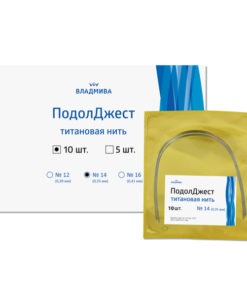 VladMiVa Podolgest Titanium Thread 14 (0.35mm) - 10 Pieces
2 × $79.00
VladMiVa Podolgest Titanium Thread 14 (0.35mm) - 10 Pieces
2 × $79.00 -
×
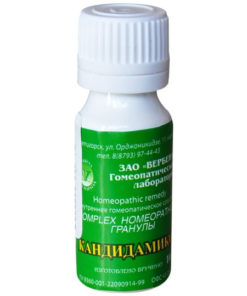 Verbena Supplement for Candida: 10g
1 × $19.00
Verbena Supplement for Candida: 10g
1 × $19.00 -
×
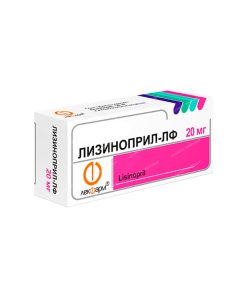 Lisinopril-LF tablets 20mg №10x6
1 × $19.00
Lisinopril-LF tablets 20mg №10x6
1 × $19.00 -
×
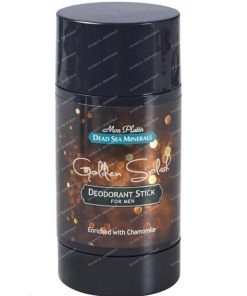 Mon Platin Dead Sea Minerals Deodorant for men (GOLDEN SPLASH) 80 ml
1 × $19.00
Mon Platin Dead Sea Minerals Deodorant for men (GOLDEN SPLASH) 80 ml
1 × $19.00 -
×
 Portable Black Oral Irrigator for Teeth & Gums
1 × $59.00
Portable Black Oral Irrigator for Teeth & Gums
1 × $59.00 -
×
 Si-Line Silicone Vacuum Massage Cups Set: 4 Cups, Face Brush & Case
2 × $39.00
Si-Line Silicone Vacuum Massage Cups Set: 4 Cups, Face Brush & Case
2 × $39.00 -
×
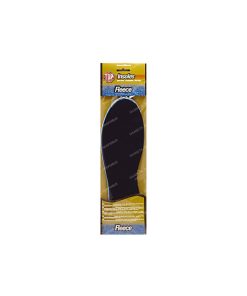 TOP Fleece insole (1 pair per pack)
1 × $19.00
TOP Fleece insole (1 pair per pack)
1 × $19.00 -
×
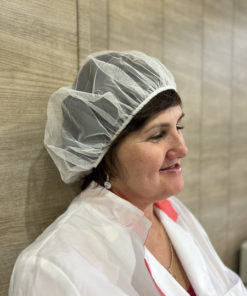 White Crochet Mesh Hat
2 × $9.00
White Crochet Mesh Hat
2 × $9.00 -
×
 Corrective Belt
1 × $879.00
Corrective Belt
1 × $879.00 -
×
 Olive Green Convertible Multi-Purpose Tote Bag SURT-01
2 × $109.00
Olive Green Convertible Multi-Purpose Tote Bag SURT-01
2 × $109.00 -
×
 Farmland Glucose solution, 50 mg / ml, 500 ml.
1 × $9.00
Farmland Glucose solution, 50 mg / ml, 500 ml.
1 × $9.00 -
×
 VitaDream Supportive Pillow 70x90cm (20cm High)
1 × $289.00
VitaDream Supportive Pillow 70x90cm (20cm High)
1 × $289.00 -
×
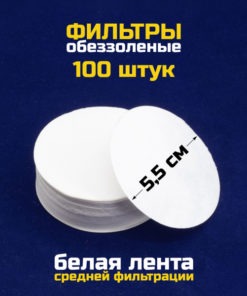 55mm Ashless Filter Papers, White Ribbon, 100 Count
1 × $9.00
55mm Ashless Filter Papers, White Ribbon, 100 Count
1 × $9.00 -
×
 Eyeglass Holder
1 × $9.00
Eyeglass Holder
1 × $9.00 -
×
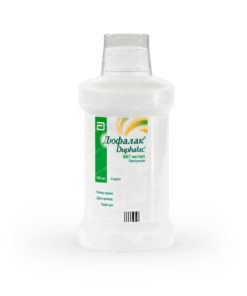 Dufalac syrup 667mg/ml in 500ml bottle
1 × $39.00
Dufalac syrup 667mg/ml in 500ml bottle
1 × $39.00 -
×
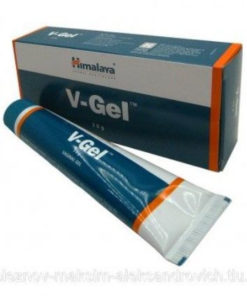 V-Gel Vaginal Gel (2 x 30g)
1 × $19.00
V-Gel Vaginal Gel (2 x 30g)
1 × $19.00 -
×
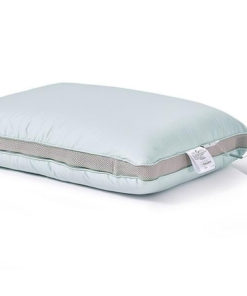 Luxury Gray Goose Down Pillow with Memory Foam - Belpol GALAXY SEA 50x70x4
2 × $359.00
Luxury Gray Goose Down Pillow with Memory Foam - Belpol GALAXY SEA 50x70x4
2 × $359.00 -
×
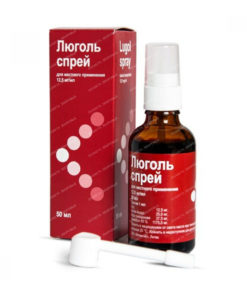 Lugol oral spray 12.5mg/ml 50ml №1
1 × $19.00
Lugol oral spray 12.5mg/ml 50ml №1
1 × $19.00 -
×
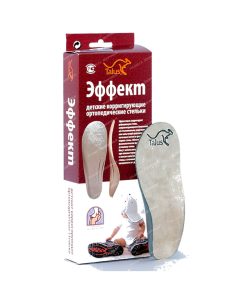 Orthopedic insoles for children. art. 26E p.12 "Effect"
1 × $19.00
Orthopedic insoles for children. art. 26E p.12 "Effect"
1 × $19.00 -
×
 Materials for fixation of removable dentures: Corega cream Refreshing taste 40
1 × $19.00
Materials for fixation of removable dentures: Corega cream Refreshing taste 40
1 × $19.00 -
×
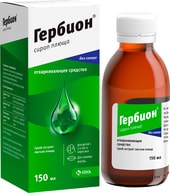 KRKA Herbion ivy syrup, 150 ml.
1 × $39.00
KRKA Herbion ivy syrup, 150 ml.
1 × $39.00 -
×
 Queen Pillow, 60x60cm: Luxurious Comfort
1 × $99.00
Queen Pillow, 60x60cm: Luxurious Comfort
1 × $99.00 -
×
![Smith Frequency 086: [Relevant Keyword] Guide](https://globalhealingweb.com/wp-content/uploads/2024/11/6295017024-247x296.jpg) Smith Frequency 086: [Relevant Keyword] Guide
1 × $139.00
Smith Frequency 086: [Relevant Keyword] Guide
1 × $139.00 -
×
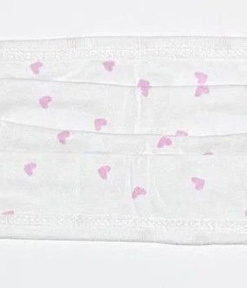 White Disposable Cat Mask
1 × $9.00
White Disposable Cat Mask
1 × $9.00
Subtotal: $4,342.00
 Free worldwide shipping on orders $99+
Free worldwide shipping on orders $99+
 US: 2–3 weeks,
US: 2–3 weeks,
 EU: 1–2 weeks,
EU: 1–2 weeks,
 Worldwide: 1–4 weeks
Worldwide: 1–4 weeks



